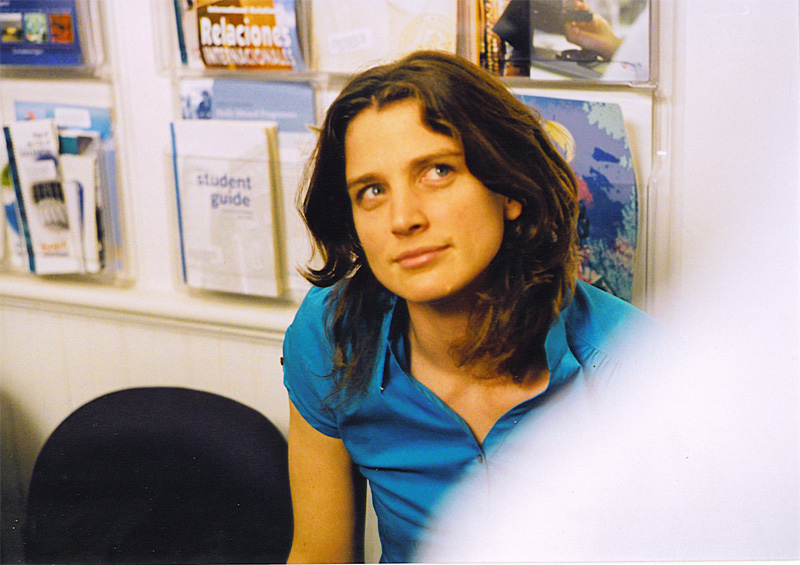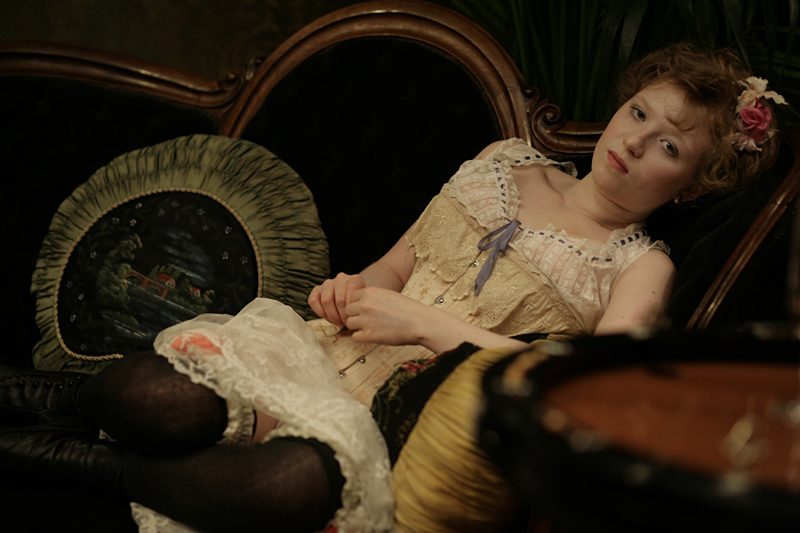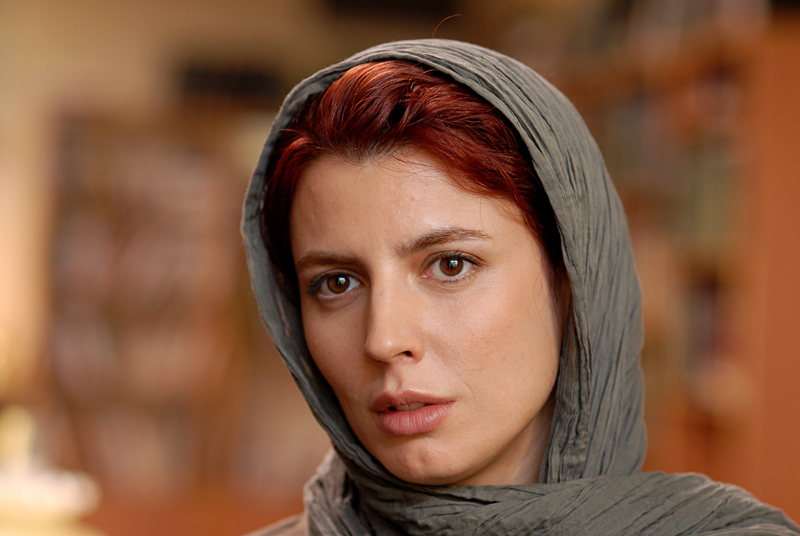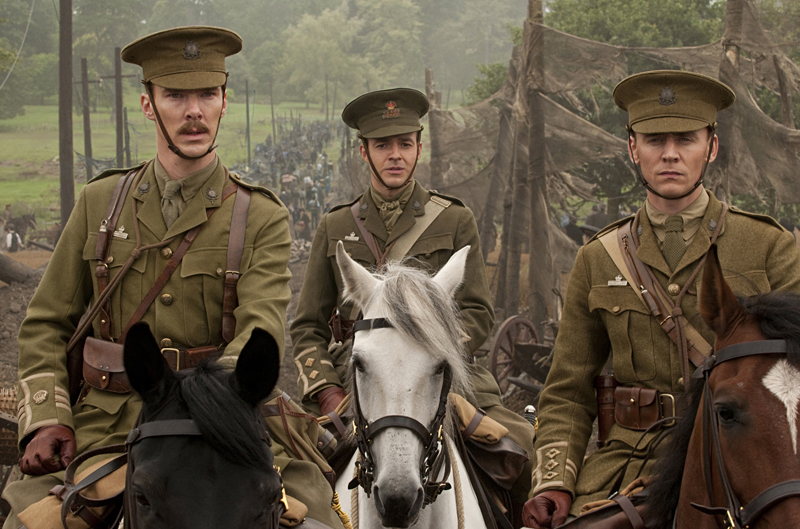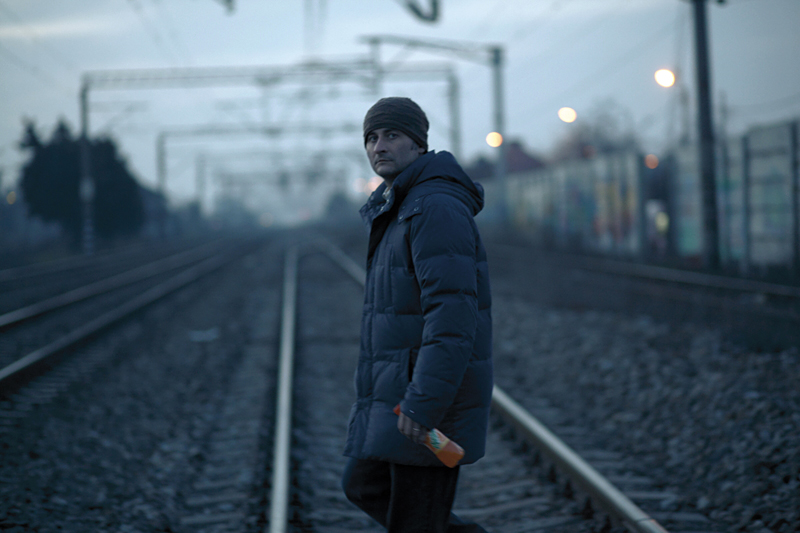Though no one’s idea of an action film, Andrew Bujalski’s Beeswax feels less charmingly aimless than its radically slight precursors Funny Ha Ha (2002) and Mutual Appreciation (2006). Have Bujalski’s feckless characters joined the workaday world? As its title suggests, Beeswax has a mild buzz of business—and busy-ness.
Set in Austin, world capital of mumblecore—the low-tech, perf-driven, young person’s movement presaged by Funny Ha Ha—this loose, low-key, unaccountably fascinating movie has no particular sense of place. There are few establishing shots—Bujalski’s setups are dictated mainly by his characters’ relationships, most crucially that of the 30-ish twins played by actual twin sisters Tilly and Maggie Hatcher.
Beeswax was inspired by the Hatchers, whom Bujalski has known for a decade, and their on-screen interaction (slightly infantile, a touch tense) imbues even the most ordinary activities with a strong behavioral subtext. So does Tilly’s being in a wheelchair—much of the movie is casually concerned with the nuts and bolts of her daily existence. Each is introduced doing her thing: Tilly’s Jeannie first appears at work—gliding through Storyville, the funky but capacious thrift-store-cum-boutique she co-owns with the enigmatic Amanda, a seldom-seen friend from whom she has become estranged. Bujalski’s camera admires Jeannie’s purposeful maneuvers, straightening the Storyville stock while training the employee Amanda has unexpectedly hired. Cut to Maggie’s Lauren, cheerfully waking up and then breaking up with her current boyfriend.
Few reasons are given for the breakup (or anything). Whereas harried Jeannie always has lots on her mind, happy Lauren can’t keep a thought in her head—a dialectic most sweetly played out when the sisters collaborate on a photo shoot. Another key scene sees the pair at lunch: After watching the super-competent Jeannie handle an emergency at the store over the phone, Lauren manages to leave her wallet at the restaurant.
What, Bujalski wonders, are the ties that bind? And when is something none of your beeswax? Afraid that Amanda is planning to sue her, Jeannie reaches out for legal support—re-establishing contact with an old boyfriend, Merrill (Alex Karpovsky), who is studying for the bar (and, as a signifier of his disengaged engagement, spends much of the movie wearing a vintage “Jerry Brown ’92” T-shirt). Improbable as it sounds in this understated world, Beeswax is a movie about people in crisis. Set at a low simmer, the plot thickens when Lauren is offered a job—in Nairobi. An almost cruelly abrupt ending simultaneously reinforces and undermines the movie’s artfully served slice of life.
Following Lynn Shelton’s Seattle-made Humpday, Beeswax is pushing the little movement that could into the Amerindie mainstream. Where Shelton both satirizes and exploits mumblecore’s straight white boys’ club, Beeswax exemplifies post-mumble maturity. The movie is not only semi-documentary, but also casually thoughtful (or at least self-reflexive)—working with friends is what Bujalski does in creating his own particular Storyville.
Bujalski has always been good at portraying intimacy and social discomfort—making closeness feel exotic and awkwardness seem natural. And though there’s nothing labored about Beeswax, it gives the impression of something being worked out—even while it’s happening. Calculated spontaneity is this talented director’s greatest gift. Merrill marvels when a witticism falls flat: “In my mind, it sounded so different than the way it came out.” The director might express the same self-absorbed wonder, watching his superficially ordinary and suggestively strange film take form.
